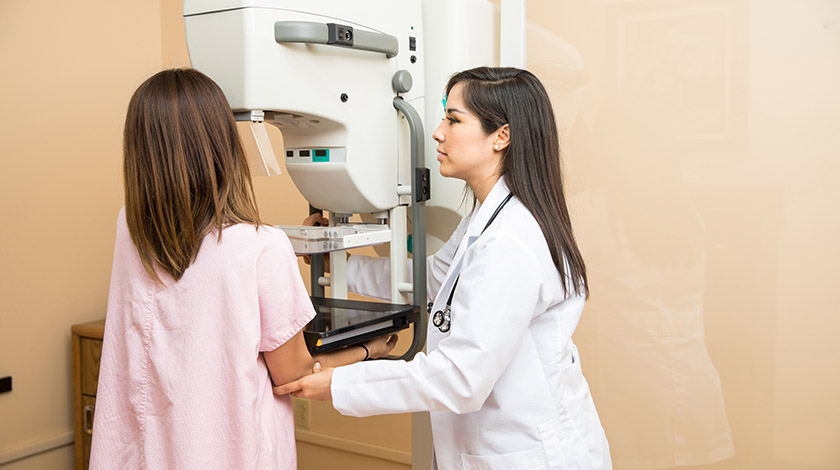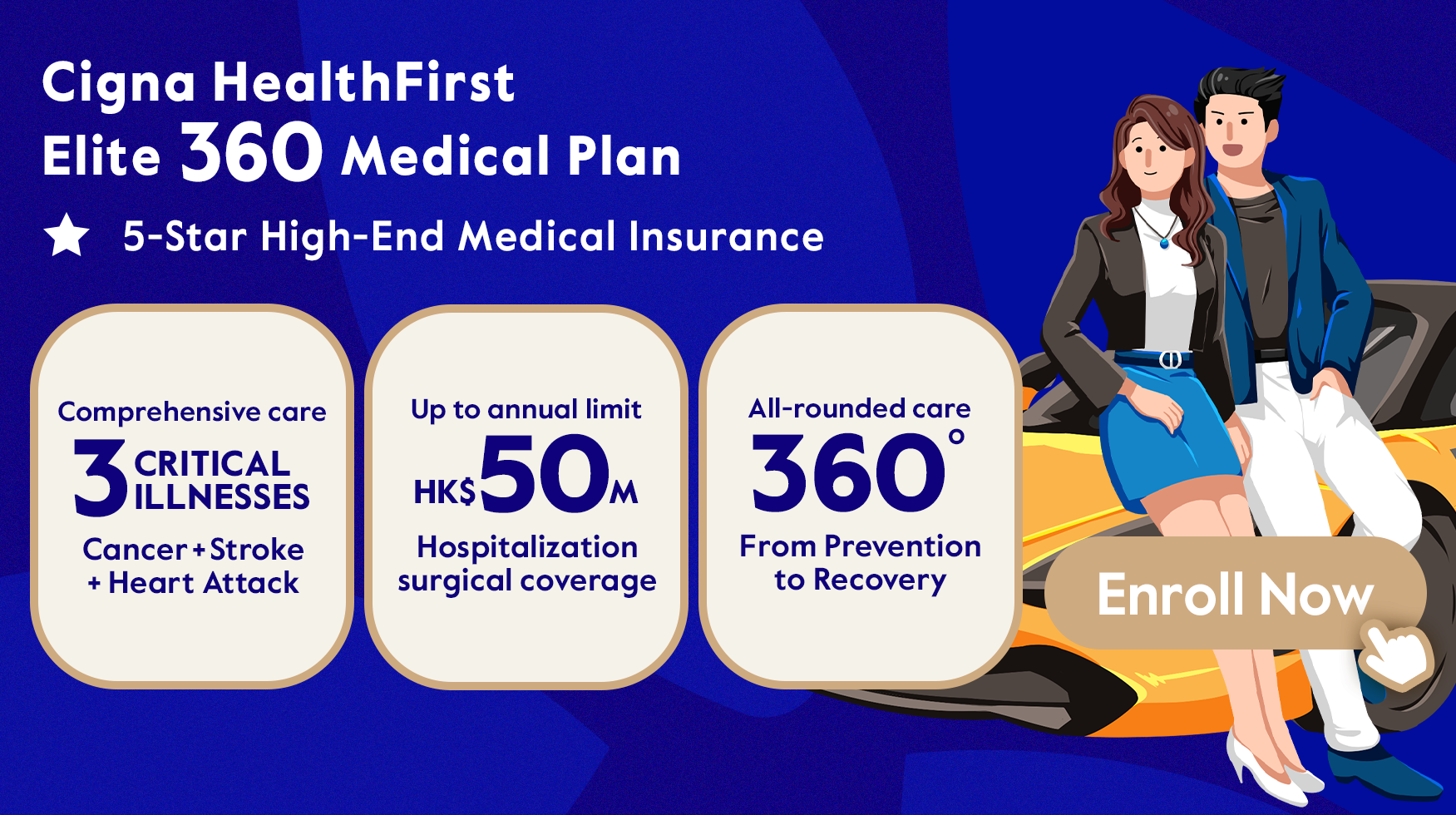Breast cancer is the most common cancer among women worldwide, 1 in 15 women are being diagnosed with the illness in their lifetime!1
According to Centre For Health Protection, breast cancer is the third leading cause of cancer deaths among female in Hong Kong, after lung and colorectal cancers. In 2018, a total of 753 women died from this cancer, accounting for 12.4% of all cancer deaths in females. The crude death rate of breast cancer was 18.6 per 100000 female population.
Public knowledge about its causes, symptoms, treatment and prevention remains troublingly scarce. Hopefully, this article goes some way towards addressing this deficiency.
What causes breast cancer?
Cancer is a disease whereby the body fails to identify, target and destroy mutated cells, which then spread through the body. When cells die, new cells are generated and sometimes this process of regeneration and regrowth goes badly wrong. New, abnormal cells are generated even though the body has no need for them, causing old cells to die at a faster rate than they can be replaced. The buildup of these abnormal cells — i.e., cancer cells – often manifest themselves in the form of a tumour.
As the name suggests, breast cancer begins with a buildup of cancer cells in the breast. If left unchecked, the cancer cells will spread from a tumour or tumours in the breast into the bloodstream or lymph nodes, where they travel to other organs and tissue and begin to reproduce in a process known as metastasis.
Diagnosing breast cancer

The Hong Kong Breast Cancer Registry found that 40% of cancer patients were diagnosed at Stage II, but not many of them had attended regular screenings. The earlier breast cancer is detected, the greater the likelihood of successful treatment.
The first obvious manifestation of breast cancer is usually a hard lump in the breast. These can be detected by performing monthly or twice-monthly breast self-examinations. If you notice anything out of the ordinary, speak to a doctor – it can’t hurt.
In addition, regular mammograms (essentially X-rays of the breast) are an essential precaution. Women in their 20s and 30s should schedule a clinical breast exam (CBE) and/or mammogram every 2 to 3 years, while women aged 40 and above should have a mammogram once a year.
How to perform breast self-exam
Did you know you can perform breast self-exam regularly and it's easy?
Starting from 20 years old, women should carry out self-examination monthly. The date should be set one week away from your menstrual cycle, when your hormone level is stable and does not affect the condition of your breasts. Take these three essential steps:
Step 1: Look
Face the mirror naked with hands-on your waist. Look for changes in your breasts or changes in/discharge from the nipple.
Step 2: Feel
Stand up or lie down. Circle the breasts with your fingers with moderate pressure for lumps, thickening, puckering, dimpling of the skin, unusual redness, color change or pain.
Step 3: Compare
Compare the shape and size of your breasts and both nipples with your last check, for any unusual changes.
Are you at risk?
Hereditary factors are significant predictors of breast cancer risk. Women and men with mutations in the BRCA1 or BRCA2 genes (which are responsible for producing tumour-suppressing proteins) are more susceptible to developing, among others, breast cancer and pancreatic cancer. Mutation testing can be conducted to detect abnormalities in both genes, and is highly recommended if you have any family history of cancer. If the results are positive, mammograms and CBE should be performed more regularly as an additional precaution.
Environmental and lifestyle risk factors include a lack of physical activity, a poor diet and obesity – so exercise regularly and stick to a nutritious diet to lower your cancer risk.
This October, show your support by wearing pink, and try to attend at least one of the many Breast Cancer Awareness events around you! Bring along your family and friends — one of you might just learn a fact that saves a precious life.
Cigna HealthFirst Elite 360 Medical Plan offers comprehensive and personalized medical coverage across the stage prevention, diagnosis, treatment and recovery, with a range of hospital and surgical benefits, optional insurance benefits with an annual limit of up to HK$50 million, personalized health assessment, three critical illnesses(cancer, stroke and heart attack) all-rounded care and international medical concierge service. A 360-degree total health protection that spans across all the key stages of your health journey. Learn more here.
Sources:


